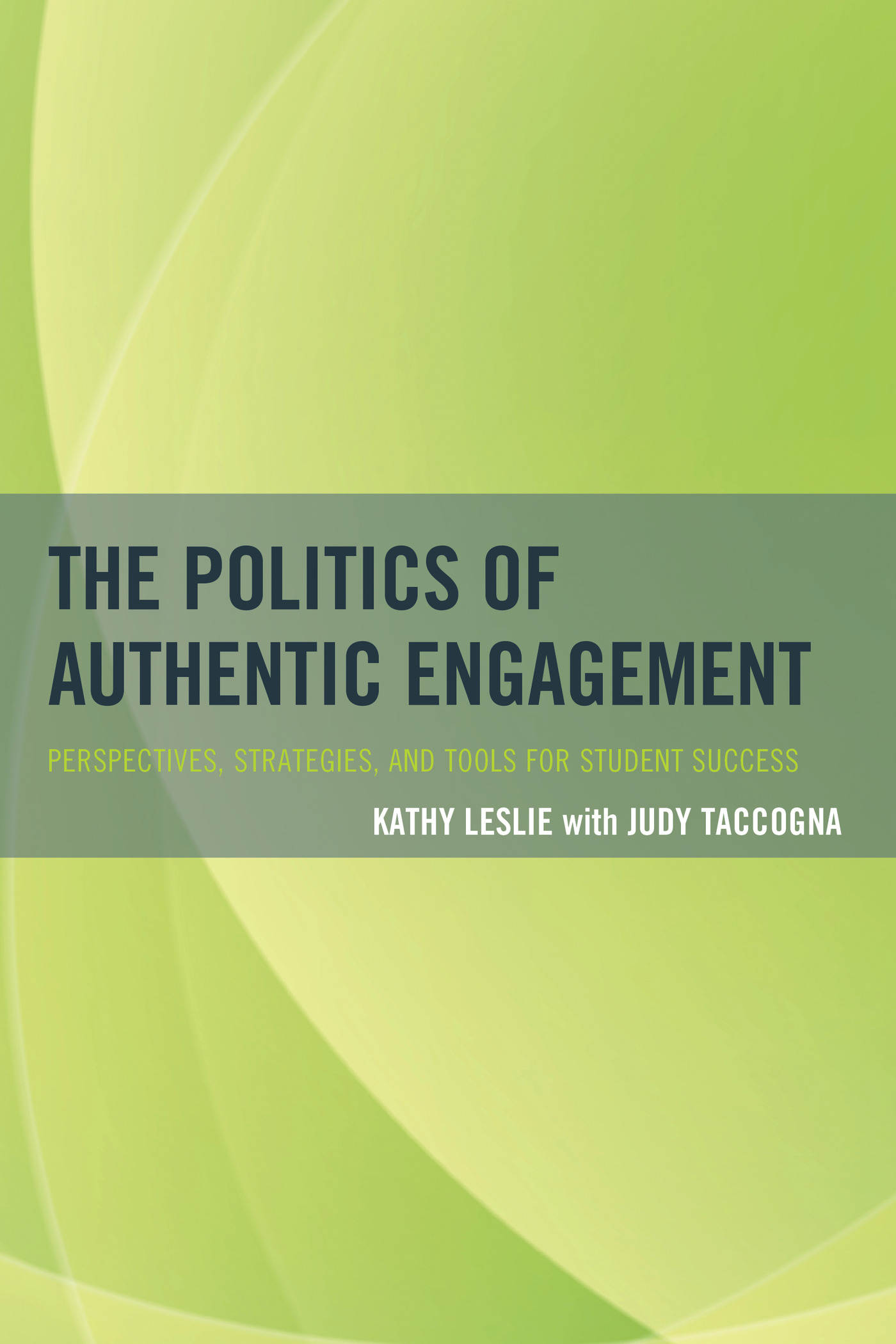The Politics of Authentic Engagement
Other Books by These Authors
The Politics of Authentic Engagement: Strategies for Engaging Stakeholders in Ensuring Student Success (2015)
The Politics of Authentic Engagement
Perspectives, Strategies, and Tools for Student Success
Kathy Leslie
with Judy Taccogna
Published in partnership with the
National School Public Relations Association
ROWMAN & LITTLEFIELD
Lanham Boulder New York London
Published in partnership with the National School Public Relations Association
Published by Rowman & Littlefield
A wholly owned subsidiary of The Rowman & Littlefield Publishing Group, Inc.
4501 Forbes Boulevard, Suite 200, Lanham, Maryland 20706
www.rowman.com
Unit A, Whitacre Mews, 26-34 Stannary Street, London SE11 4AB
Copyright 2015 by Kathy Leslie and Judy Taccogna
All rights reserved. No part of this book may be reproduced in any form or by any electronic or mechanical means, including information storage and retrieval systems, without written permission from the publisher, except by a reviewer who may quote passages in a review.
British Library Cataloguing in Publication Information Available
Library of Congress Cataloging-in-Publication Data
Leslie, Kathy, 1942
The politics of authentic engagement : perspectives, strategies, and tools for student success / Kathy Leslie with Judy Taccogna.
pages cm.
Includes bibliographical references and index.
ISBN 978-1-4758-1531-3 (cloth : alk. paper) -- ISBN 978-1-4758-1532-0 (pbk. : alk. paper) -- ISBN 978-1-4758-1533-7 (electronic)
1. Educational planning. 2. School management and organization. 3. Education--Parent participation. 4. Community and school. 5. Academic achievement. I. Title.
LC71.2.L46 2014
371.2--dc23
2014043161
 TM The paper used in this publication meets the minimum requirements of American National Standard for Information Sciences Permanence of Paper for Printed Library Materials, ANSI/NISO Z39.48-1992.
TM The paper used in this publication meets the minimum requirements of American National Standard for Information Sciences Permanence of Paper for Printed Library Materials, ANSI/NISO Z39.48-1992.
Printed in the United States of America
To all those who challenge my thinking and offer different perspectives so I may view life more fully and honestly: my friends and colleagues as well as each member of my large extended family, especially my children Lisa, Don, and Charlette; my grandchildren Hailey, Aimee, Taylor, and Patrick, and my husband Ed Arata.
Preface
I love whitewater rafting. Running the Deschutes, Rogue, Colorado, and many other rivers throughout this country has taught me many lessons about living natural systems that, if applied to human social systems, can create adaptive, resilient, and sustainable organizations. Rivers are complex and dynamic. Each river belongs to a larger river system, a river basin that includes tributaries and streams connecting and flowing together to form a whole. Over time, the river changes naturally, shifting to respond to the demands of the environment. Each element within the river system has an influence on the shifts occurring. The river adapts, self-organizes, adjusts, and emerges naturally so it can fulfill its noble purpose to support life and reach the ocean.
The principles of engagement outlined in this book come from what I have learned through years of experience working in schools as well as from rafting always-changing rivers. I find there are meaningful parallels between rafting a river in an evolving, living system and leading change in educationalso a complex, dynamic system comprised of people with many views, beliefs, gifts, and talents, all needed to help students be successful so our democracy will advance.
Engagement processes increase chances that people can play an influential role in the evolution of an educational system. The energy and pressures from people within an adaptive schooling system will promote change in the entire system. To capitalize on those forces and ensure that the change contributes to the success of students, engagement strategies pull people in to influence the direction of modifications. Just as nearly all change occurs naturally in a river system, the most enduring and beneficial changes that can happen over time in an educational system are those nudged into place by participants within the system.
We cannot simply do change to the organization. Nor do we change peoplethey change themselves and therefore the system changes, just as the river system adjusts to meet its own needs. Engagement strategies lead to new understandings in people because they talk with one another and listen. The benefits from engaging families and communities are key to changing schooling and making a difference for young people.
However, citizens today are either not engaged or are fragmented, often working at cross-purposes and drowning each other out with loud, conflicting rhetoric. They seldom work together toward a common purpose. Citizens do not know they have an important role in ensuring student success, nor do they know the role others play. Further, they do not understand that everyone in societynot just teachers and administratorsis accountable for the success of the system and the students it supports.
Fragmented mechanistic thinking, power mongering, and lack of civility too often prevent the education system from moving toward a common purpose benefiting all, especially the students. Mechanistic thinkers do not see that systems are interrelated. They fight hard to devalue such thinking because they fear loss of control and power. They represent the negative politics of self-preservation. They value certainty, uniformity, and authority-driven decision-making.
On the river, however, such thinkers soon learn that a larger, more powerful, and integrated system takes over. Rafters must flow in and with the river. They must be present in every moment, responding to whatever emerges, watching carefully for river currents and patterns, looking for the V in the river where the energy will carry everyone forward. One lapse and rafters can hit a boulder, be thrown out, even die.
The living system and patterns of a river are much like those in other systems, as wellbusiness, health, education, government, and social agencies. Success in any comprehensive organizational system involves nurturing trusting relationshipsthe positive side of politicsthat guarantee a safe and successful journey for all and help participants deal with uncertainties of life, just as rafters must deal with the unexpected in the wild, natural river system.
I serve on Oregons White Water Institute board. We teach participants in a classroom setting, combined with experiences on the river, how to work collaboratively across perceived boundaries. We help people learn and work together to address complex challenges by applying the fundamental principles of a living system to guide and navigate change. Participants from all segments of a communitywhether a town, a school district, a government agency, an intergenerational group, or a community collegelearn and practice tools for systemic thinking and empowering themselves, citizens, or stakeholders to fulfill the identified purpose, adapt, and make changes as needed.
As rafters, they quickly learn the value of systems thinking. They know everyone in the raft has a role to play. The river guide at the back of the boat has a complete picture of the river in her mind and uses an oar at the stern to manage the direction of the raft down the river. The paddlers listen and follow the direction of the guide but do the work making individual contributions that, taken together, get all the rafters down the river. They value relationships, diversity, uncertainty, and ambiguity. They learn the core value embedded in seeing and flowing with river patterns is abandoning individual agendas in favor of a collective, systems approach.

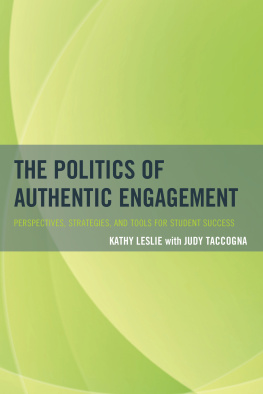
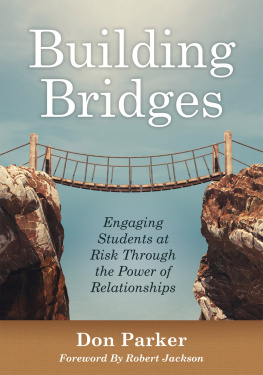
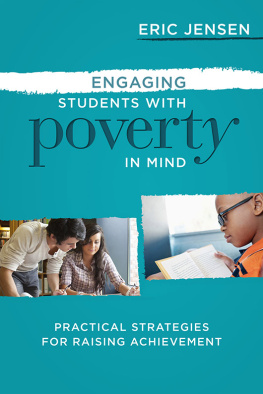

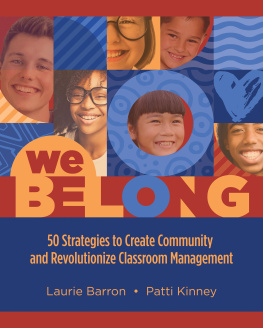
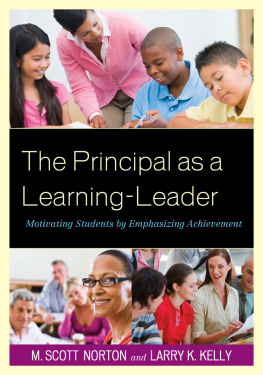
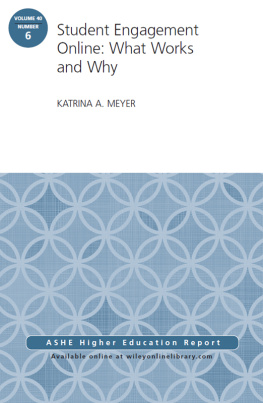
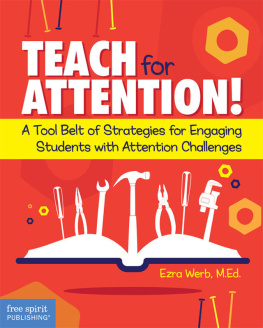
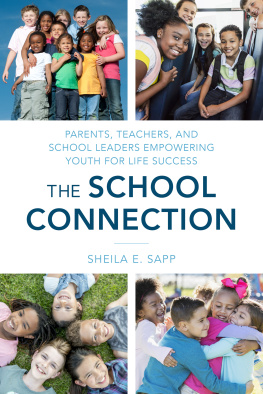
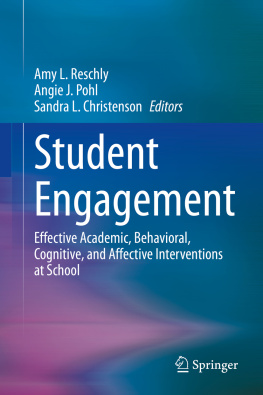
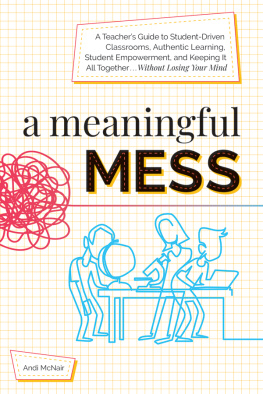
 TM The paper used in this publication meets the minimum requirements of American National Standard for Information Sciences Permanence of Paper for Printed Library Materials, ANSI/NISO Z39.48-1992.
TM The paper used in this publication meets the minimum requirements of American National Standard for Information Sciences Permanence of Paper for Printed Library Materials, ANSI/NISO Z39.48-1992.